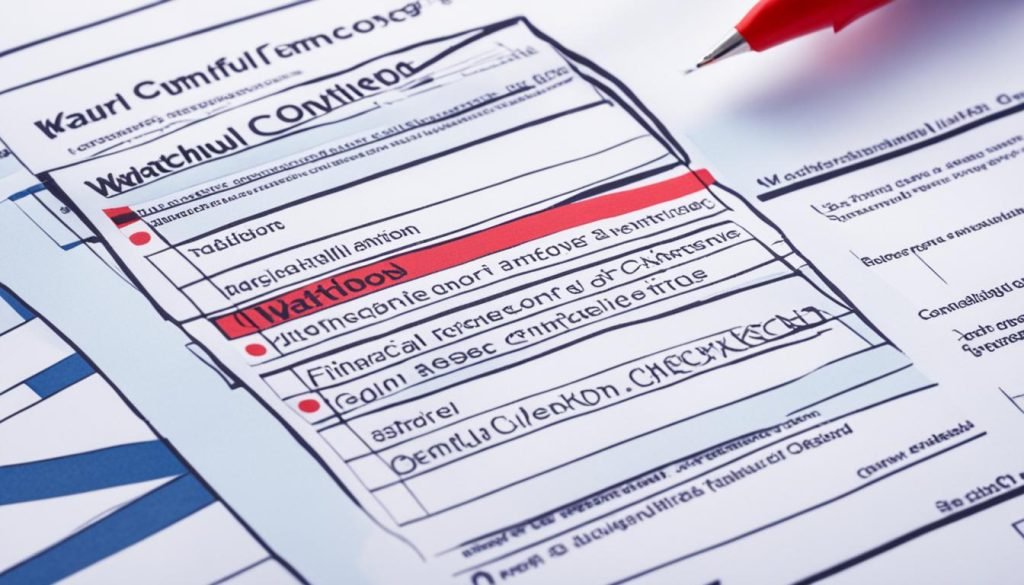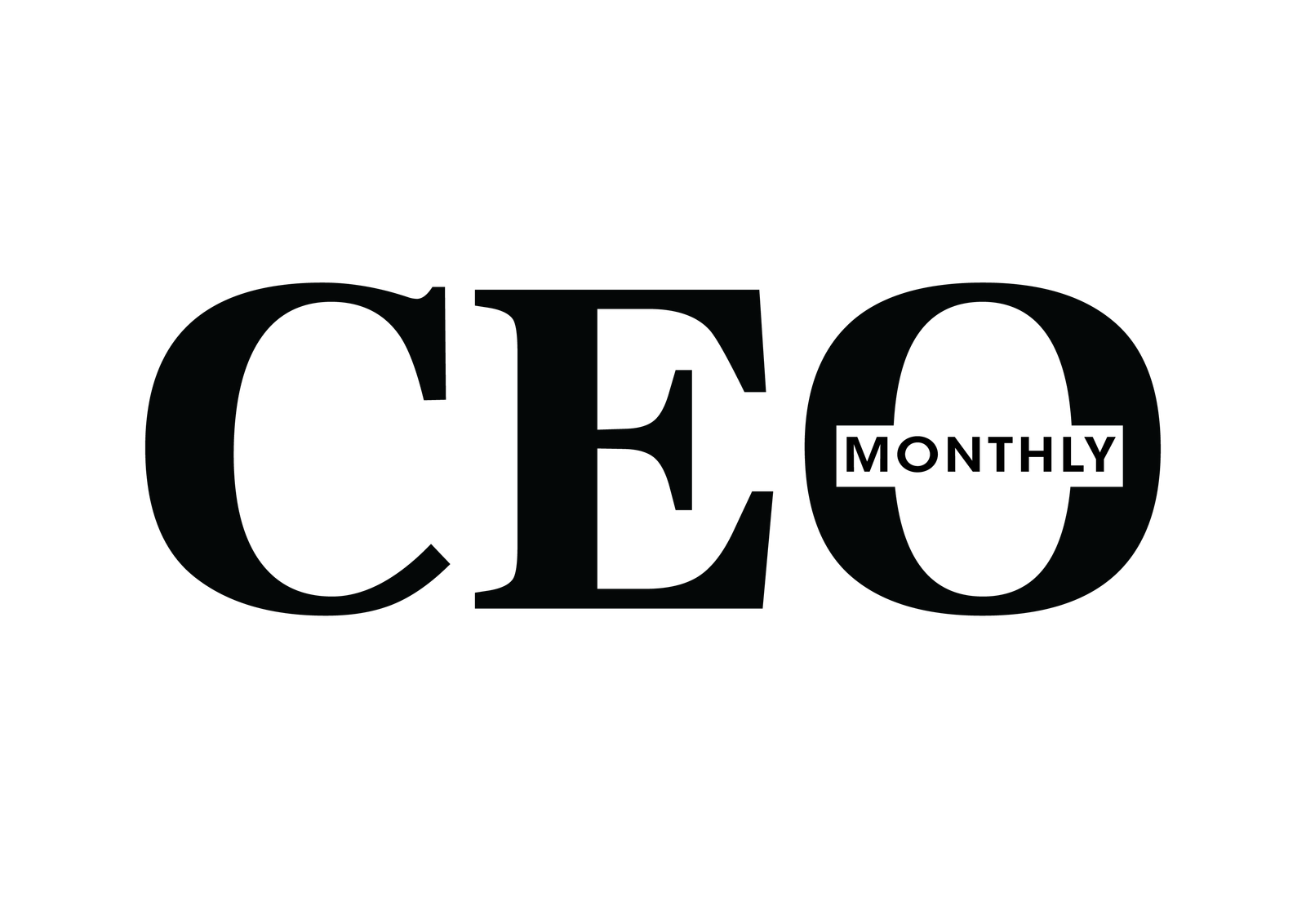Welcome to our detailed look at audit committee functions. We will go over what this key part of corporate governance does. The audit committee oversees the money reports, audits, control systems, and checks laws and rules.
The audit committee checks big money and reporting issues. They review new rules, and internal financial updates. This committee also helps choose and watch auditors. This makes sure financial reports are trusted by investors.
The Sarbanes-Oxley Act of 2002 sets rules for audit committees. The SEC asks for people’s views on what audit committees should tell the public. The focus is on how well they watch over auditors. The CFA Institute thinks it’s important for audit committee members to be independent. And they say auditors with a special forensic background are good to have.
Key Takeaways
- The audit committee provides oversight of the financial reporting process, the audit process, the company’s system of internal controls, and compliance with laws and regulations.
- They review significant accounting and reporting issues, professional pronouncements, and internal financial information.
- The audit committee is responsible for appointing, compensating, and overseeing auditors.
- Having authority over budgets and external auditors enhances investor trust in financial reports.
- Audit committees must comply with requirements mandated by the Sarbanes-Oxley Act of 2002.
Key Functions of an Audit Committee
An audit committee’s job is crucial for a company’s financial transparency and responsibility. It checks on financial reports and audits. The committee makes sure the company is well governed.
First, audit committees look at financial reporting controls and information security. They find and fix issues that could cause problems with financial records.
They also check and okay audit plans, who will do the work, and how the team will work. This helps the team do their job well and without outside influence.
They often meet privately with external auditors. They talk about concerns and review how audits will be done. This keeps communication clear and helps the audit go smoothly.
Evaluating if auditors are really independent is key. This step maintains the audit’s quality and trust in the reports.
Lastly, they focus on reviewing the company’s controls and risks. They make sure these work well and follow the law. This work stops fraud and other financial dangers.
The audit committee’s duties include looking at controls, risks, and if auditors are free from bias. They do this work well to support the company’s future success.
Enhancing Financial Reporting and Compliance
Audit committees are crucial for ensuring financial reports are accurate, transparent, and comply with rules. They look at financial statements and accounting practices. This helps keep financial info honest and looks out for the people who own or have a stake in the company.
These committees also check on internal controls and risks. This keeps the company safe from dangers. They keep an eye on things to protect the company’s image and avoid money, legal, or reputation problems.
Also, they make sure the company follows all laws, rules, and acts ethically. They review rules designed to keep things in line and help make them better. Audit committees set up ways for people to speak up if they see something wrong. They protect those who speak up from being punished.
Moreover, audit committees aim for auditors to be free from outside influence. Working closely with auditors, they make the audit process stronger. This makes the company’s financial reports more trusted.
Audit committees follow specific plans to do their job well. These plans guide them in managing reports, following rules, and dealing with risks. They help ensure the committee does its work right, for the company and its people.
Enhancing Financial Reporting and Compliance – Key Points:
- Audit committees check financial reports and accounting rules.
- They watch over internal checks and risk plans.
- Audit committees look at how good rule-following programs are and find ways to make them better.
- They make it possible for workers and others to speak up about risks and oversee protection rules for those who do.
- Audit committees make sure the company is working within legal and ethical limits.
- They develop connections with outside auditors and make sure they can do their job without interference.
- Audit committee plans offer a way to better supervise financial reports, rules, and risk plans.

| Key Functions | Benefits |
|---|---|
| Reviewing financial statements and accounting policies | Ensures accuracy and transparency in financial reporting |
| Monitoring internal controls and risk management systems | Mitigates financial, legal, and reputational risks |
| Assessing compliance programs and whistleblower protection policies | Promotes ethical culture and risk reporting |
| Building relationships with external auditors | Enhances credibility and reliability of the audit process |
| Establishing audit committee charters | Provides governance framework for effective oversight |
Roles in Financial Auditing and Reporting
Audit committees are key in making sure financial audits are accurate and complete. They look at the company’s money matters closely. This keeps things in line with the law and other rules.
They are responsible for checking financial reports. This helps them find and fix any mistakes or problems. It’s important for the company’s financial health.
They also review how the company controls its money and handles risks. By doing this, they make sure the company has strong ways to avoid problems. This protects the company and its investors.
They deal with tricky money math, too. This work helps them spot any big issues that might show up later. They keep the company’s money picture clear and correct.
Checking the company’s rules for managing risks and money is another part of their job. They look at how well these rules work and suggest ways to do better. It’s all to keep the company safe and sound.
They make certain the company plays by the rules. This keeps the company from getting into trouble. It’s all about staying legal and doing things right.
They look into making sure the business fights against fraud and corruption. This makes the company a better place to work and do business with. Ethical behavior is what they want to see more of.
They also review what the company tells the public. This makes sure the info is correct. It’s a big step in building trust with people who invest or buy from the company.
They talk a lot with those who look at the company’s money statements. This helps everyone understand the company’s financial health better. It also lets them address any worries or questions.
It’s clear that audit committees do a lot for a company’s financial health. Their work is crucial for taking care of the money and following the rules.
| Roles in Financial Auditing and Reporting | SEO Keywords |
|---|---|
| Reviewing financial reports for accuracy and completeness | financial auditing reporting |
| Examining internal control reports, risk assessments, and compliance programs | internal control and risk management |
| Evaluating complex accounting areas and significant accounting policies | financial auditing reporting |
| Assessing the effectiveness of internal controls and risk management systems | internal control and risk management |
| Ensuring compliance with relevant laws and regulations | compliance and regulatory matters |
| Overseeing antifraud and anticorruption compliance programs | compliance and regulatory matters |
| Reviewing earnings releases, SEC filings, and financial information provided to analysts | financial auditing reporting |
| Discussing the company’s annual audited financial statements with management and the independent auditor | financial auditing reporting |
Conclusion
Audit committee effectiveness is key. It ensures that a company’s financial doings are open, honest, and responsible.
These committees are a company’s eyes. They help make the money reports better and avoid risks. They also encourage following rules and acting right, and they keep good ties with outside examiners.
Audit committees do a lot for a company’s future. They check on money reports, inner control, and risks. They also ensure that rules are followed.
In doing this, the committees help the company last and do well over time.







